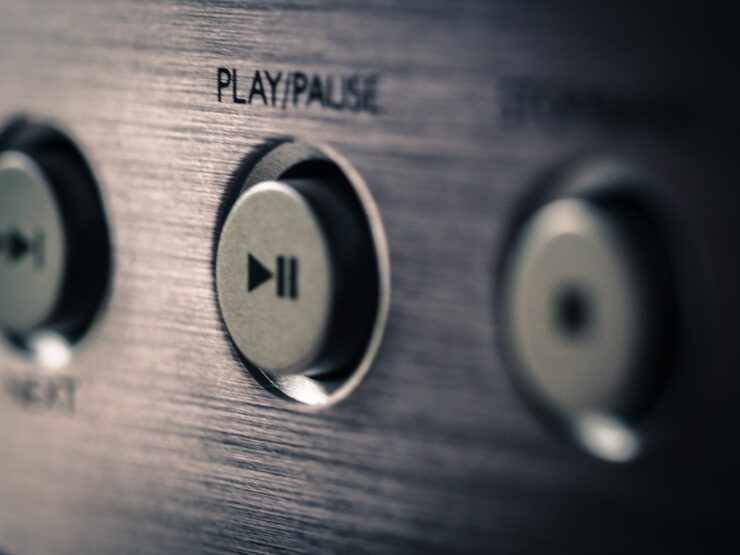Recently, there has been a rather fierce debate across social media about musicians’ use of backing tracks and whether they take work away from other live bands. The debate has sometimes been quite contentious, with some musicians claiming that performing to a backing track is nothing more than “paid karaoke”. In this blog, we’ll try to give both sides of the argument a fair hearing…
Many musicians refute the “paid karaoke” claim. Instead, they proudly state that they are trained professionals who make their living from performing with tracks. They also point out that they suit the budget of people that can’t always afford to hire a larger band.
There are also some situations where a full live band may not be practical – some venues may have severe sound or space limitations, for example.
We decided to get down some of the major points for the arguments, and let you have your say!
What are backing tracks?
Backing tracks come in many different forms for different contexts. For solo singers, they are pre-recorded (usually instrumental) versions of popular songs. Very rarely, they will be the original song with the vocal line muted in the mix. More often, they will be re-recorded cover versions without vocals.
For bands, they may be pre-recorded parts to songs that are difficult to recreate live, activated by drum trigger or from a Macbook.
Who tends to use backing tracks?
Solo singers
One of the most common situations you’ll see a backing track being used is by a solo singer. This could either be in the context of a general rock/pop singer or a tribute act, which will generally seek a sound that sticks to the original recording as closely as possible.
They are also highly popular with swing singers looking to recreate the sound of a big band or orchestra. If the singer does not play an instrument, backing tracks can provide a solution to performing live as a solo act.
Solo guitarists
Some solo guitar players prefer to play live using pre-recorded backing tracks. This cuts down on the complexities of rehearsal and organisation that sometimes go along with being in a band. In addition, this may be one of the few instances of lead vocals being part of the backing track if the guitarist does not sing.
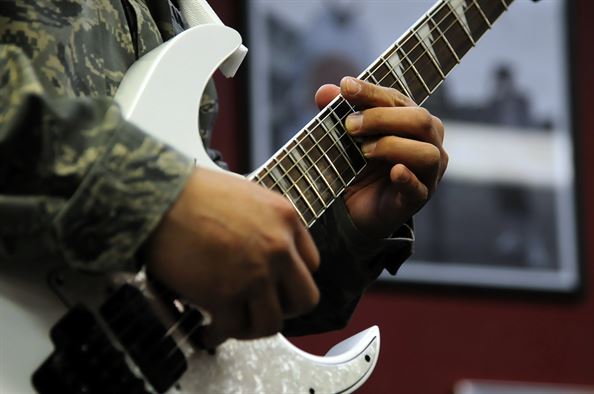
Function & originals bands
Bands may use backing tracks to replicate sounds that are harder to do live than in the studio. This could include intricate synth lines, orchestral lines, samples or lots or multi-layered harmonies and could occur in the context of a covers show or for original songs.
Signed artists
Signed artists will often use backing tracks for performances on TV (look back over old episodes of Top of the Pops and count how many of the bands are actually playing live!) or particularly highly – choreographed live performances.
There is, of course, a percentage of signed artists that aren’t quite able to produce the same level of ability outside of a studio environment and so will mime along to pre-recorded tracks. This is known as “Lip Syncing”.
Advantages of using backing tracks
They can suit smaller budgets
More often than not, you’ll hear stories of a couple that are getting married or someone having a birthday function, and looking for live entertainment but on a very tight budget. A solo singer using backing tracks can provide said entertainment, without having to charge the added cost that comes with having to pay large groups of musicians.Backing tracks can closely imitate the original record
Tribute acts often look to recreate the sounds of their muses with as much authenticity as possible. Backing tracks offer the unique opportunity to use the knowledge of highly skilled session musicians in recreating the instruments, effects and vibe of the original recordings.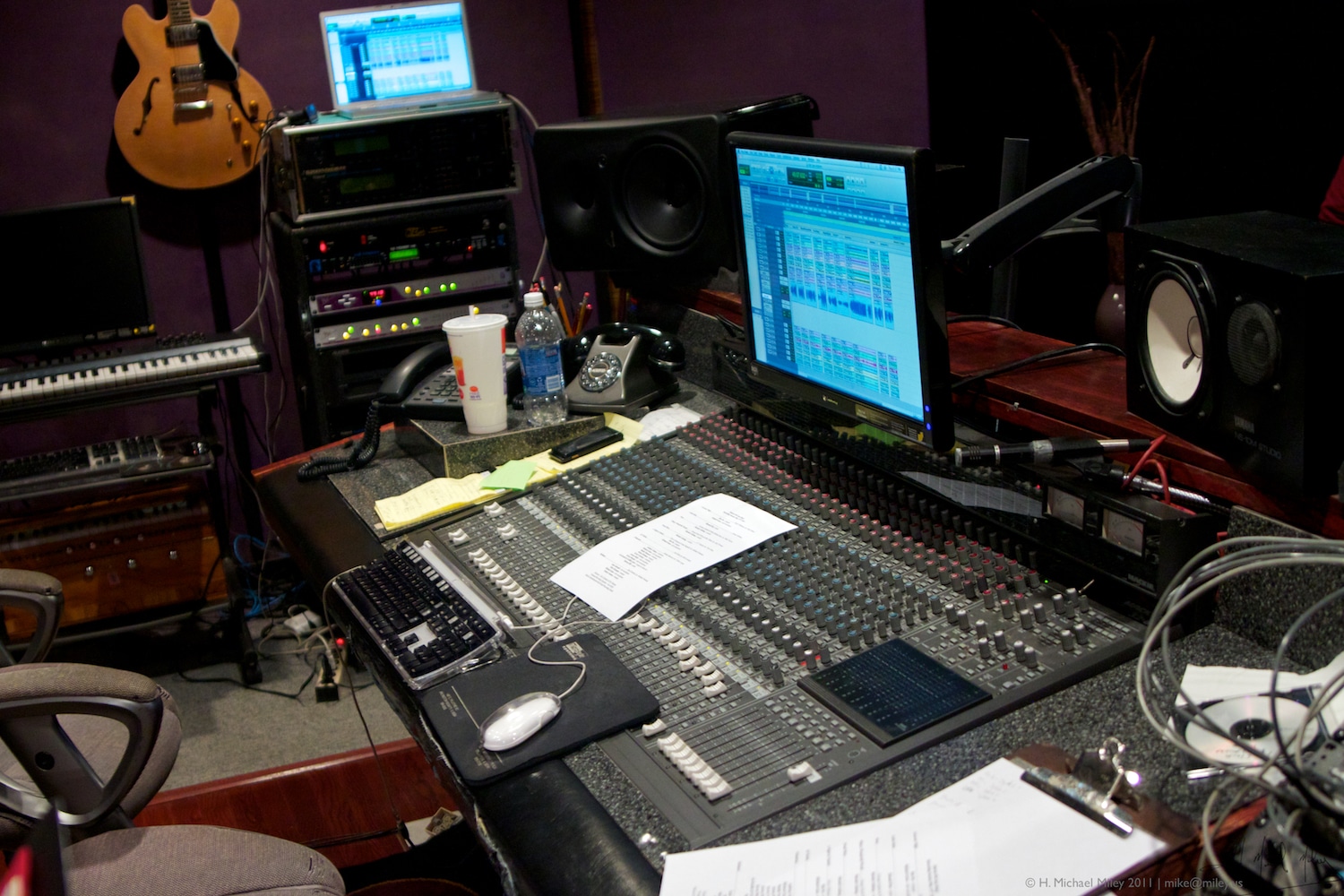
They can reproduce sounds that are hard to do live
Original touring bands that experiment a lot in the studio may well find themselves in the position of struggling to recreate their sound live. Using the original stems from the studio session to create a backing track is often an easier solution than having to tour with lots of expensive synthesisers or other instruments, just for one specific part of a song.They can suit venues with sound and/or space restrictions
Unfortunately, the use of sound limiters is becoming more and more prevalent in live music venues today, all around the UK (For more advice for dealing with limiters, check out this LMM blog). One solution for people looking for live entertainment in these venues is to go with a solo singer using backing tracks, as they have much more control over the level of noise than that of a full band. For particularly small venues, a full band may not be physically able to fit into the available space. A solo musician will require much less room to perform.Disadvantages of using backing tracks
As a musician, you may lose feel and groove
By performing with a backing track, you are being forced to rigidly keep to a predetermined tempo. While we all aspire to be a tight band and play in time, in a live gig situation you can find that tempos will vary. With the adrenaline flowing and the audience dancing, you may find yourselves naturally speeding up or slowing down with the energy of the night.
When you play to a backing track, you lose that natural ebb and flow by having to rigorously keep to a click track. This may lead both you and your audience to feel that the tracks are lagging or too slow, even if they are exactly in time. This is especially true if some of your tracks are to a click and others are not.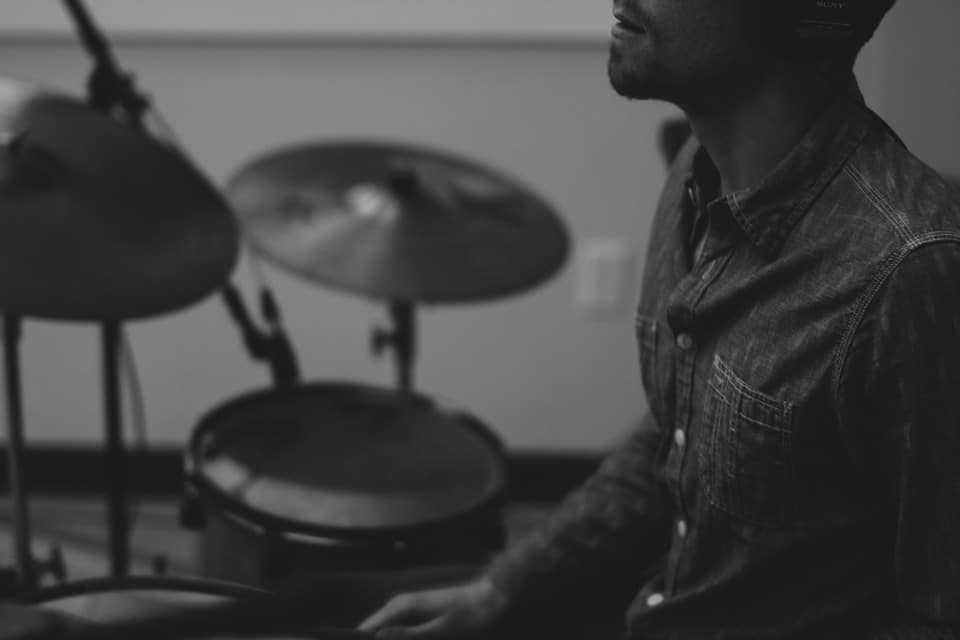
You lose the ability to improvise or extemporise
By using a backing track, your song structure is set exactly in stone. This means that a lot of the spontaneity of performing live is lost. For example, your singer cannot do a long band introduction unless this is programmed in beforehand and any instrumental solos must keep to a specific bar length.As an audience member, you lose some of the excitement of a live band
Many people would agree that there is nothing quite like the magic of a live band playing together. As an audience member, watching talented singers and instrumentalists doing what they do best together is terrific fun. While it is quite a hard thing to articulate, there is definitely a case to be made that, by selecting an act performing solely with backing tracks, you lose some of that magic. The individual tone and personality of the musicians or unique band arrangements is lost, and the songs you hear will usually be exactly the same as the recordings.The quality of backing tracks is not always good
Unfortunately, even though the popularity of using backing tracks has increased, that has not necessarily meant that the quality of them has followed suit. As an act, you have to be incredibly careful where you purchase them from and always listen to clips beforehand. Quite often you can fall foul of finding terrible midi-only backing tracks with no live instruments on them at all!You can’t always take requests
If your act relies solely on backing tracks, then your ability to take requests (be that beforehand or on the night) becomes dependent on your ability to find the backing track. For example, if a couple were to ask for a more obscure song as their first dance, you may not be able to find a backing track for it. Similarly, your ability to take requests throughout a performance is hampered by what is in your backing track library.Do they take work away from other musicians?
Now we come to the most contentious part of the whole issue – do backing tracks take work away from other musicians?
There are very valid points on either side of the argument, so here are some competing scenarios;
A solo guitarist or singer (using backing tracks) could well be seen as undercutting a larger cover band that performs in a similar genre.
For example, If a venue or client has £400 to spend on an act, they may elect to save themselves £200 by booking a solo musician using backing tracks, in the knowledge that they will still get a similar repertoire, all be it pre-recorded.

However, venues with tighter predetermined budgets may not have the money to afford a band in the first place, which means that solo singers and bands simply aren’t competing for the same gigs.
For example, if a venue has only £150 to spend on music, then that becomes a decent wage for a solo singer, versus the £50 each that a trio could earn… or worse, for a larger band!
Many solo singers would argue that there is very little difference between what they do (and charge!) and solo musicians who play an instrument rather than using tracks.
However, there are other situations where backing tracks could be considered to take work away from musicians. For example, by purchasing midi-only tracks, the hard-working producers and session musicians that record other (better quality) backing tracks are less likely to get hired.
The flip side of this being that those that opt to have bespoke backing tracks made are giving work back to those same musicians.
Some may opt to leave their brass or string parts to a backing track when it comes to touring bands rather than hire additional live instrumentalists. Theatres and pit bands may also encounter a similar problem, with some live musicians’ parts being replaced with backing tracks.
Have your say!
Below, we have installed a poll to allow you to express your views and get a sense of how other musicians feel about the topic…
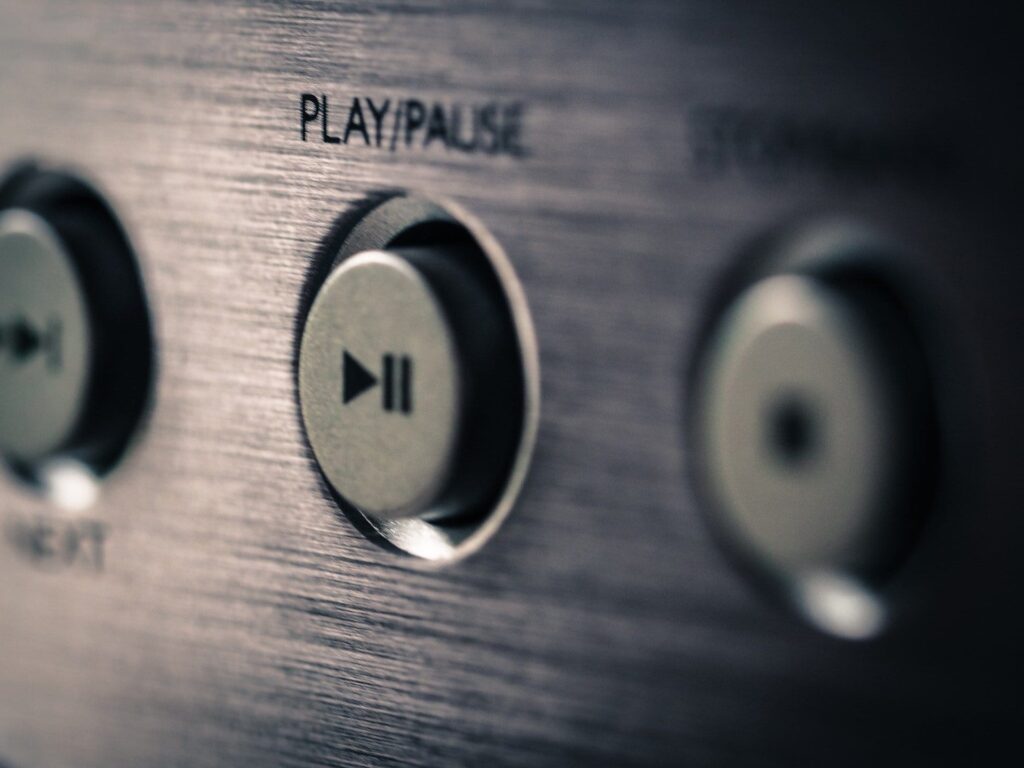
Views from social media
Listed below are a selection of comments (on both sides of the agreement!) made on our various social media platforms. Don’t forget to get involved in the discussion in the comments box below, remembering to be polite and respectful to all points of view!
I play guitar but tempted to use backing tracks too. I’m so fed up of being let down by unreliable band members. It’s really frustrating, I’ve bet let down a number of times over the years. Do what you gotta do.
Lauren Rachel Jones
My issue isn’t with a performer with tracks, it’s with a venue who drops their budget to the level that only 1 person and a laptop and light rig can afford to play it… they don’t have a sliding scale for 1 person and a laptop to 3 people and a van full of gear that they all play. This is why bands are disbanding and social clubs are closing down, as the customers are bored to death with pre recorded backing. Hate to say it, but it but it’s seen as Karaoke and they can do that themselves down the boozer on a Friday night.
Jaclyn Brown
I don’t use backing tracks. I remember when they first started being used, suddenly bands just stopped being used because they could get a singer with backing instead. I had an agent back in 2002. I worked for him for 3 years doing solo gigs just with my guitar. Then he found out I didn’t use backing tapes and I never got another gig off him. So despite having having a BA Hons in popular music and many years playing gigs, I was sacked for not conforming.
Linda Jennings
We are a seven piece and use backing tracks to enhance our sound. Nearly all top bands enhance their live performances to give the audience a full experience. The technology is there so why not use it. As I say it enhances it is not Karaoke!
Lee Sinclair
Does the use of backing tracks harm the ability of live musicians to make a living? Can you think of any other advantages or disadvantages not listed here? Post them in the comments below…
Share this:

